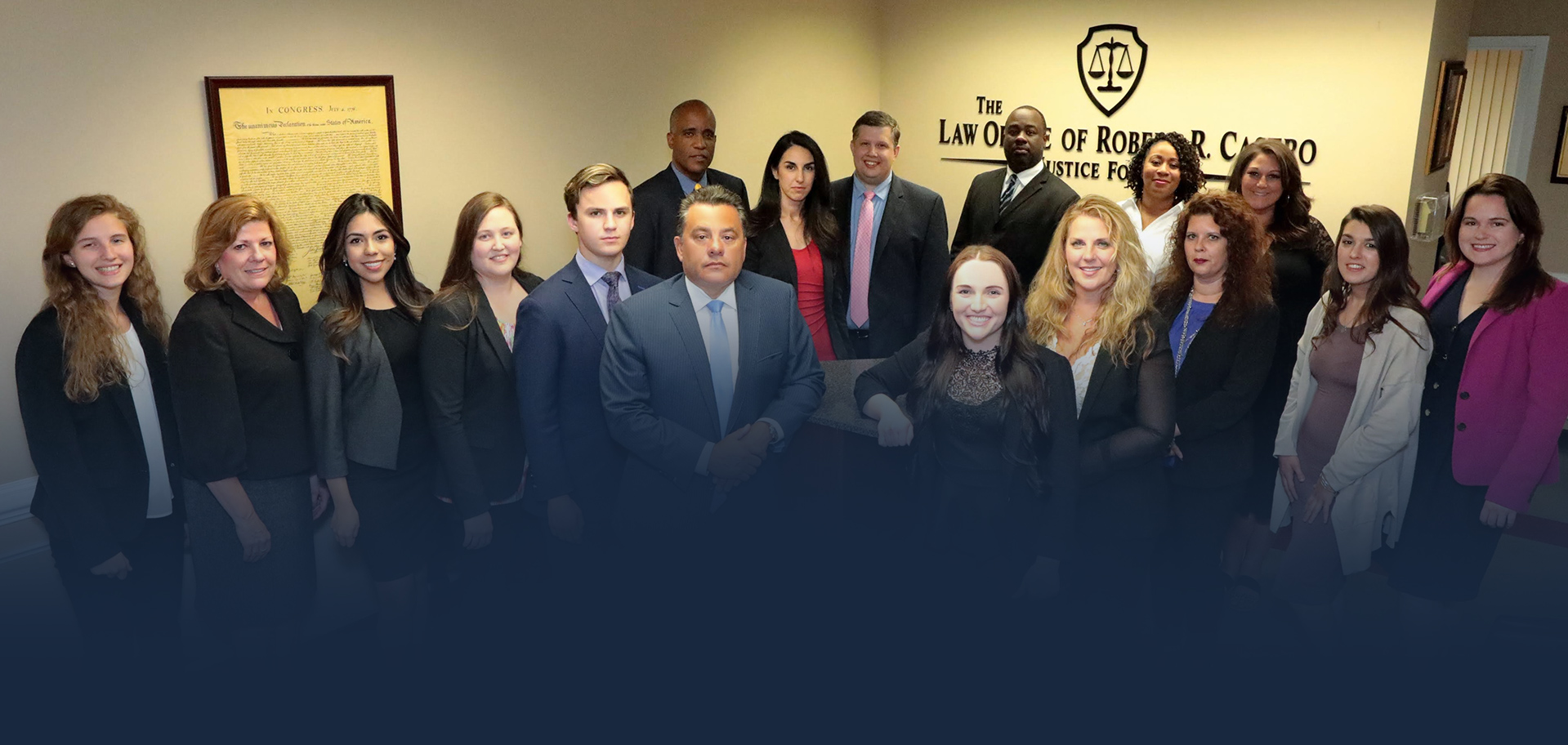Does Maryland Law Require Children to Use Their Father’s Last Name?
As a general principle of Maryland law, a person is free to take and use any first or last name they wish, provided they do not change their name for any fraudulent purpose or to interfere with the rights of other people. Although many people choose to use their father’s last names, there is no legal requirement or presumption that they do so. As the Maryland Court of Special Appeals observed in a 2002 decision, Schroeder v. Broadfoot, the use of last names originated in France and became common practice in England following the Norman Conquest in 1066. During the middle ages, English feudalism led to the practice of a child adopting a father’s last name largely to establish inheritance rights.
But as the Court of Special Appeals noted, the “legal, property, and societal underpinnings of the surnaming customs that arose in England and came to be a part of American society no longer exist.” From a strictly legal standpoint, when parents are married or have joint custody of a child, they decide upon the child’s last name, which the child is always free to change as an adult.
When Parents Disagree Over a Child’s Last Name
So what happens when the parents disagree over their child’s last name? The Schroeder case established that, just like most other important decisions related to custody issues, the legal test is what is in the “best interest of the child.” Maryland law does not assume the child should have the father’s last name. The Schroeder court also clarified that when considering a dispute over changing a child’s last name–as opposed to initially establishing one–the judge must find there are “extreme circumstances” warranting the change.
In a more recent case, Terfassa v. Wright, the Court of Special Appeals upheld a judge’s decision to grant a mother’s request to change the last name of her 17-year-old daughter. The child had previously had her father’s last name since birth. The mother, who had sole physical and legal custody, told the judge that she only filed a petition for the name change at her daughter’s request.
The father objected to the name change. He argued that such a change was not in his daughter’s best interest and that the mother had “improperly influenced” the daughter to change the name simply to “harass” him. The daughter told the judge, however, that she made the decision on her own and that she simply wanted her chosen name reflected on her driver’s license, high school diploma, and other legal documents.
The Court of Special Appeals noted the judge did err in granting the petition for a name change without first making the finding of “exceptional circumstances” required by Schroeder. But that was a moot point, the Court said, since the daughter turned 18 while the appeal was pending. As an adult, the daughter was free to change her name for any non-fraudulent purpose without either parent’s permission.
Contact Southern Maryland Family Law Attorney Robert Castro Today
This article has been provided by the Law Office of Robert Castro. For more information or questions contact our office to speak to an experienced lawyer at (301) 705-5253.
Sources:
https://scholar.google.com/scholar_case?case=17492964193881184723
https://www.courts.state.md.us/sites/default/files/unreported-opinions/1103s21.pdf




